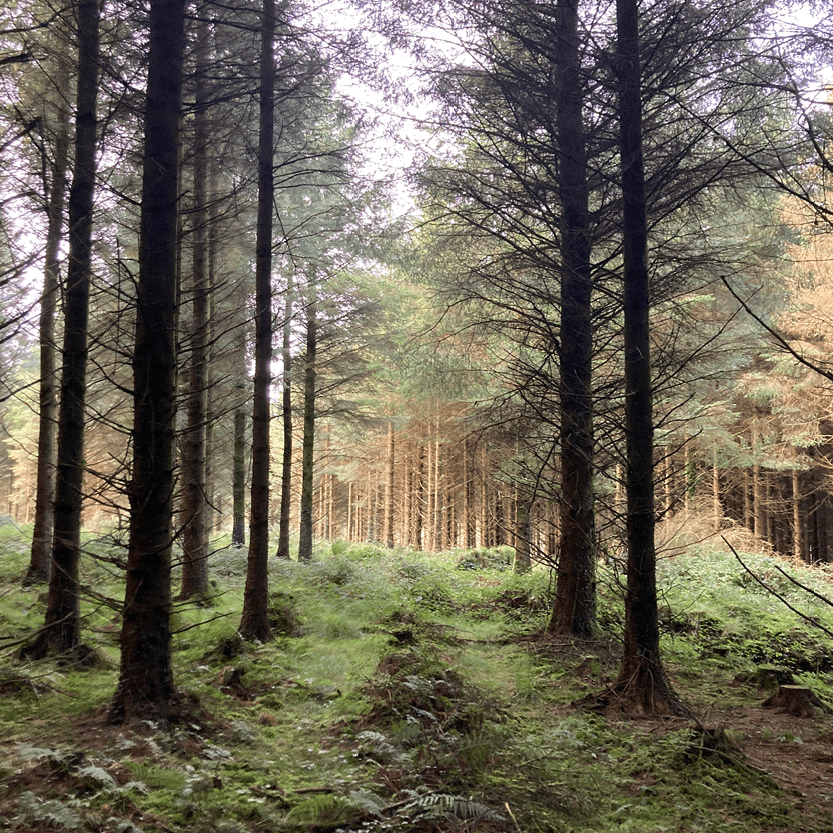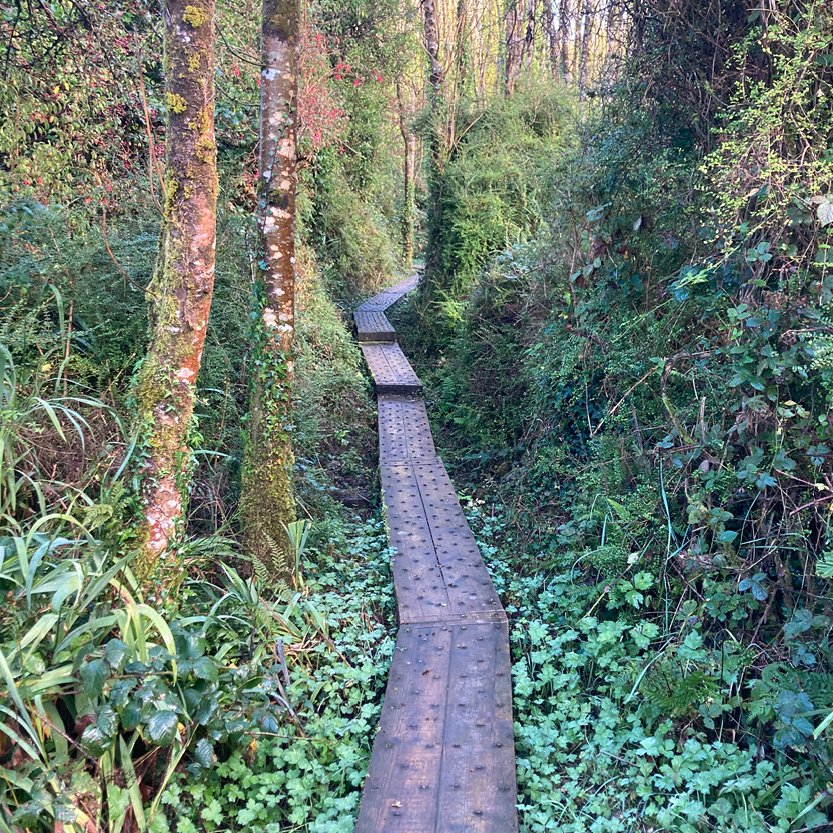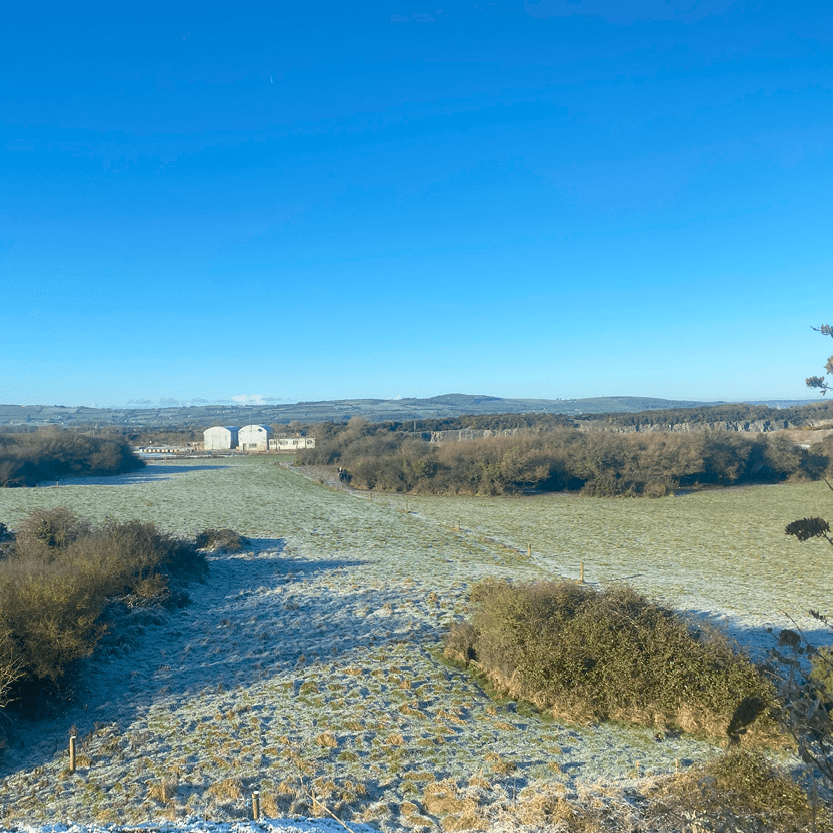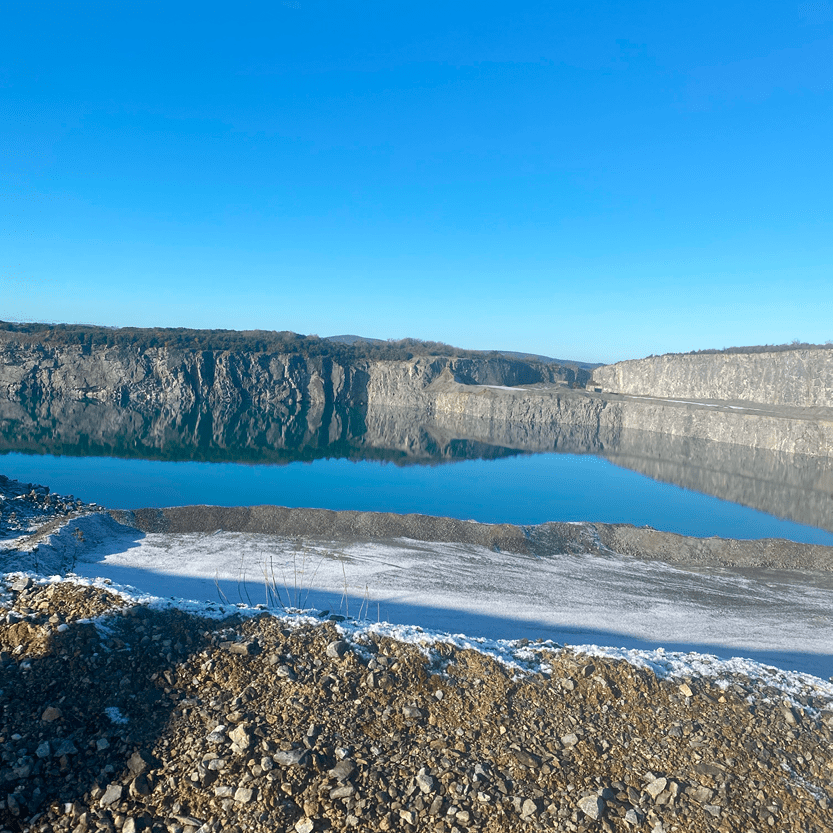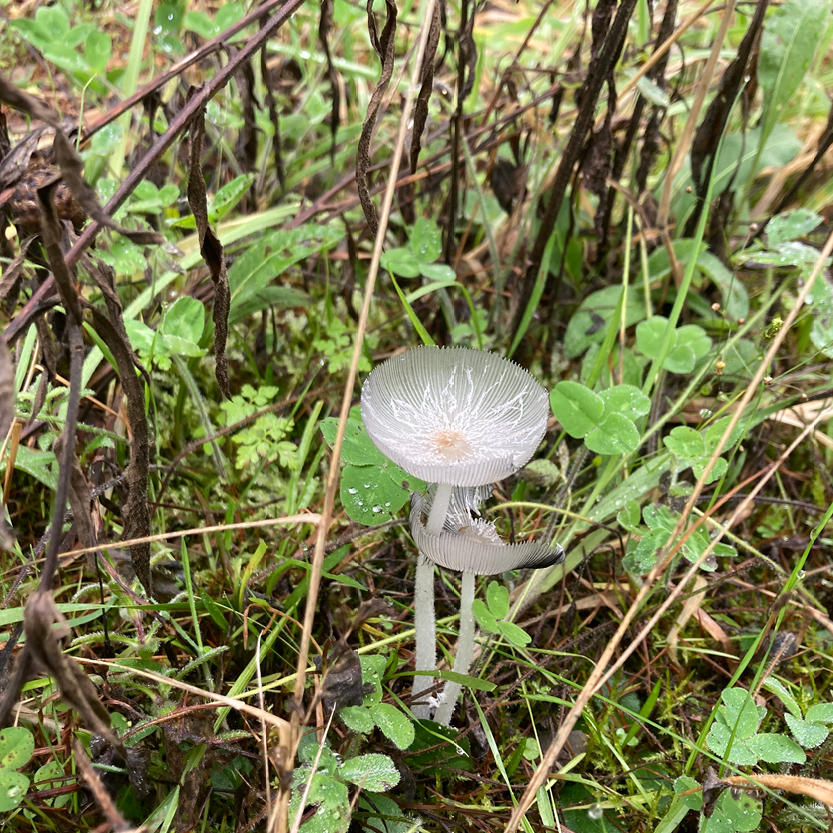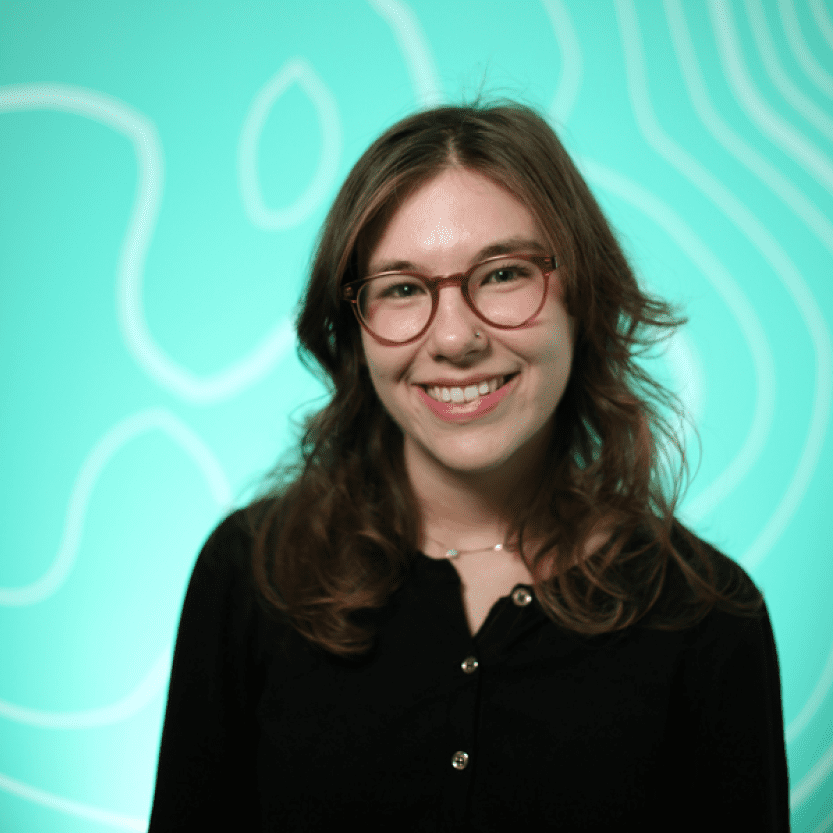
Morgan is an Environmental Scientist in our Dublin office.
Morgan studied a MSc in Environmental Science at Trinity College Dublin and joined MKO in 2023.
What inspired you to pursue a career in Environmental Science?
I was inspired to pursue a career as an environmental scientist because I have a strong desire to make a positive impact on the environment and communities just like the one I grew up in. I grew up on Staten Island, New York which was once home to the largest landfill in the world – Freshkills Landfill. For decades, it served as the dumping ground for toxic waste and all the rubbish from New York City, leading to environmental and health consequences for the people living nearby. The landfill has since closed and is being developed into a park. Today, Freshkills Park is the largest park to be developed in New York City in over 100 years. I had the unique experience of seeing this transformation first-hand. The remediation efforts to turn Freshkills Landfill into a safe, beautiful space were inspiring and fuelled my passion for environmental science and conservation.
Can you describe your typical day as an Environmental Scientist?
As an Environmental Scientist at MKO, my typical daily routine varies depending on the phase of the project I’m working on, but there are a few key activities that are part of my regular schedule. A significant part of my job involves report writing, as I help coordinate and prepare Environmental Impact Assessment (EIA) Reports and other environmental reports. I work closely with my team to ensure we gather the right information and present it clearly. In addition to report writing, I also take on a project management role. This means I’m often helping to coordinate tasks, timelines, and resources for various projects. I regularly attend and sometimes lead meetings with both internal teams and external stakeholders, such as clients. My role also includes site work, where I visit project locations to conduct environmental assessments, collect data, and evaluate potential impacts.
What types of projects are you currently working on?
I get to work on a wide variety of projects that span different sectors within environmental science. Some of the key projects I’m involved in include wind farm development and quarry extension. Each project presents its unique challenges and opportunities to learn.
How would you describe the culture at MKO?
MKO fosters an environment that encourages continuous learning and development, which is something I appreciate. They offer regular training and development opportunities, as well as weekly Knowledge Shares, where different topics (everything from information on conducting drone topographic surveys to discussing the complexity of noise assessments for wind farms) are featured each week. This platform is a fantastic way to learn about subjects beyond my core speciality and interests, expanding my understanding in areas I might not have otherwise explored.
The culture at MKO is very friendly and supportive. I feel incredibly supported by my colleagues, who are always open to answering questions and offering guidance. The willingness of everyone to assist and share their expertise has played a huge role in my growth, and I’m very grateful for it. The collaborative and inclusive culture at MKO makes it a very rewarding place to work.
What do you enjoy most about your role at MKO?
What I enjoy most about my role at MKO is the incredible opportunity to work on a wide range of exciting projects alongside large, multi-disciplinary teams. This exposure allows me to gain insight into a variety of fields, opening me up to a wealth of knowledge and expertise that enhances both my professional growth and perspective.
What advice do you have for someone aspiring to pursue a career as an environmental scientist with MKO?
My advice would be to focus on gaining a strong foundation in both technical skills and practical experience. Having a solid grasp of tools like GIS, particularly QGIS, and developing strong report-writing skills will be very helpful. It’s also important to seek out hands-on opportunities – whether through internships, fieldwork, independent research, or real-world experience. Also, having a passion for the environment, and being dedicated to finding solutions that benefit both the environment and communities, will help you thrive in this field.
What are the most important skills required for your role?
The most important skills required for my role are report writing and GIS proficiency. Report writing is very important, as a significant portion of my tasks involves contributing to Environmental Impact Assessment Reports (EIARs) and other environmental reports. Clear and concise writing is essential for communicating technical information effectively. Additionally, GIS skills are important, particularly proficiency in QGIS, as I use this software to create maps and analyse spatial data to support environmental assessments.
How does MKO support your professional development in environmental science?
MKO supports my professional development through a combination of hands-on experience, continuous learning, and a collaborative work environment.
One of the key ways MKO helps me grow is through ongoing training and professional development opportunities. Additionally, the culture at MKO emphasises teamwork and mentorship. I work closely with experienced colleagues who are always willing to provide guidance and share their expertise. As a graduate, you are also assigned a buddy who is there to answer any questions you may have. This collaborative environment fosters growth by encouraging open communication and the exchange of ideas.
Lastly, the opportunity to work on diverse and exciting projects helps me gain valuable experience. This exposure to different types of environmental projects not only deepens my knowledge but also allows me to develop practical skills which are essential for my professional development in environmental science.



